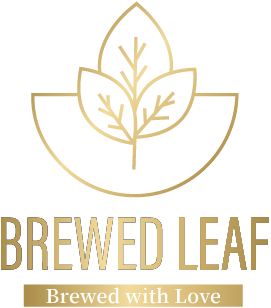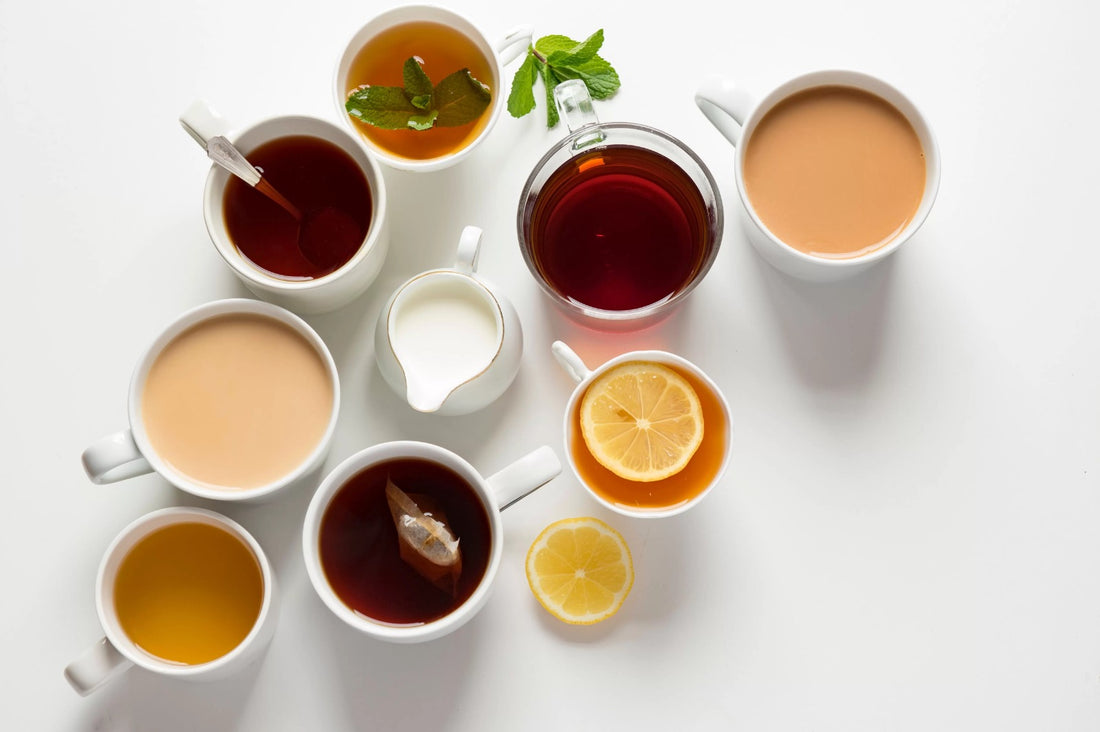Translating the Advanced Tea Darling: Figuring out the Changing Scene of Buyer Inclinations
The tea market, like a delicate blend, is constantly evolving, shaped by the shifting preferences of its passionate consumers. To thrive in this dynamic landscape, understanding the evolving needs and desires of tea lovers is crucial. Let's dive into a cup of insights and explore the key trends shaping consumer inclinations in the tea market:
1. The Rise of the Health-Conscious Consumer:
Today's tea lovers are increasingly driven by health and wellness considerations. This translates into a growing demand for:
- Functional teas: Blends infused with natural ingredients like turmeric, ginger, or ginseng that offer specific health benefits, from boosting immunity to promoting relaxation.
- Organic and ethically sourced teas: Concerns for sustainability and ethical practices are driving demand for teas grown organically and sourced with fair trade principles.
- Transparency and traceability: Consumers are increasingly interested in understanding the origin and journey of their tea, seeking transparent information about sourcing practices and production processes.
2. The Quest for Personalized Experiences:
In today's world of individualization, tea lovers crave personalized experiences. This manifests in:
- Subscription boxes: Curated tea boxes catering to specific preferences, offering a convenient way to discover new flavors and blends.
- Customizable blends: Platforms allowing consumers to create their own unique tea blends based on their individual taste and wellness goals.
- Interactive tea experiences: Opportunities to learn about tea tasting, brewing techniques, and different tea cultures, fostering deeper engagement and appreciation for the beverage.
3. The Convenience Factor:
Busy lifestyles are driving the demand for convenient tea solutions. This includes:
- Ready-to-drink teas: Bottled or canned teas offering a convenient option for on-the-go enjoyment.
- Single-serve tea bags or pods: Simplifying the brewing process and minimizing waste.
- Online tea retailers: Offering wide selections and easy access to tea products, eliminating the need for in-store shopping.
4. The Exploration of Unique Flavors and Origins:
Tea enthusiasts are increasingly adventurous, seeking out new and exciting flavors and origins. This includes:
- Rare and exotic teas: From Darjeeling to Pu-erh, consumers are exploring teas with unique taste profiles and cultural significance.
- Artisanal and single-estate teas: Offering premium quality and distinctive flavor profiles, these teas are gaining popularity among discerning tea lovers.
- Tea pairings: Experimenting with pairing different teas with specific foods to enhance the flavor experience and explore new culinary horizons.
5. The Desire for Sustainable and Ethical Practices:
Consumers are increasingly conscious of their environmental impact and ethical considerations when making purchasing decisions. This includes:
- Supporting local tea businesses: Consumers are choosing tea brands that source locally and contribute to their communities.
- Environmentally friendly packaging: Tea companies are opting for recyclable and biodegradable materials to minimize their environmental footprint.
- Fair trade and ethical sourcing: Consumers are seeking tea brands that prioritize fair wages and ethical treatment of workers throughout the supply chain.
Understanding these evolving consumer preferences is essential for tea businesses to adapt and thrive in the ever-changing market. By focusing on health, personalization, convenience, unique experiences, and sustainability, tea businesses can create offerings that resonate with modern consumers and build lasting relationships.

